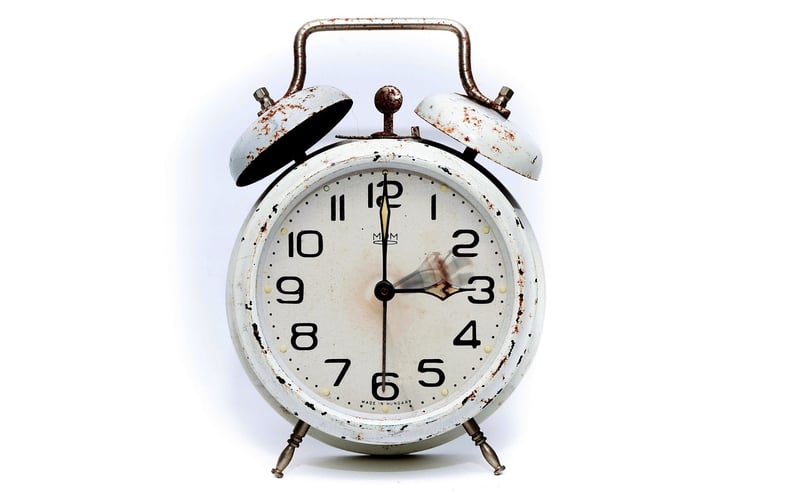Temporal Quandaries
The Ethical and Logical Challenges of Dealing with Temporal Quandaries

Time travel has always been a fascinating concept in science fiction, but what if it were possible in reality? Dealing with temporal quandaries, such as paradoxes and alternate timelines, presents a myriad of ethical and logical challenges that would need to be carefully considered.
Ethical Implications
One of the primary ethical challenges of time travel is the potential to alter the course of history. The butterfly effect, where small changes in the past can have significant consequences in the future, raises questions about the responsibility of time travelers. Should they intervene to prevent tragedies or preserve the timeline as it is?
Logical Dilemmas
From a logical standpoint, time travel introduces paradoxes that defy traditional cause-and-effect reasoning. The grandfather paradox, for example, raises the question of what would happen if a time traveler were to go back in time and prevent their grandfather from meeting their grandmother, thus preventing their own birth.
Temporal Quandaries
Temporal quandaries, such as the bootstrap paradox and the predestination paradox, add layers of complexity to the concept of time travel. The bootstrap paradox involves an object or information that exists without ever being created, while the predestination paradox suggests that events are predetermined and inevitable.
Conclusion
While the idea of time travel is captivating, the ethical and logical challenges it presents are profound. As we continue to explore the possibilities of temporal manipulation, it is essential to consider the implications of altering the past and the potential consequences for the future.
For more information on time travel and related topics, you can visit Space.com.
